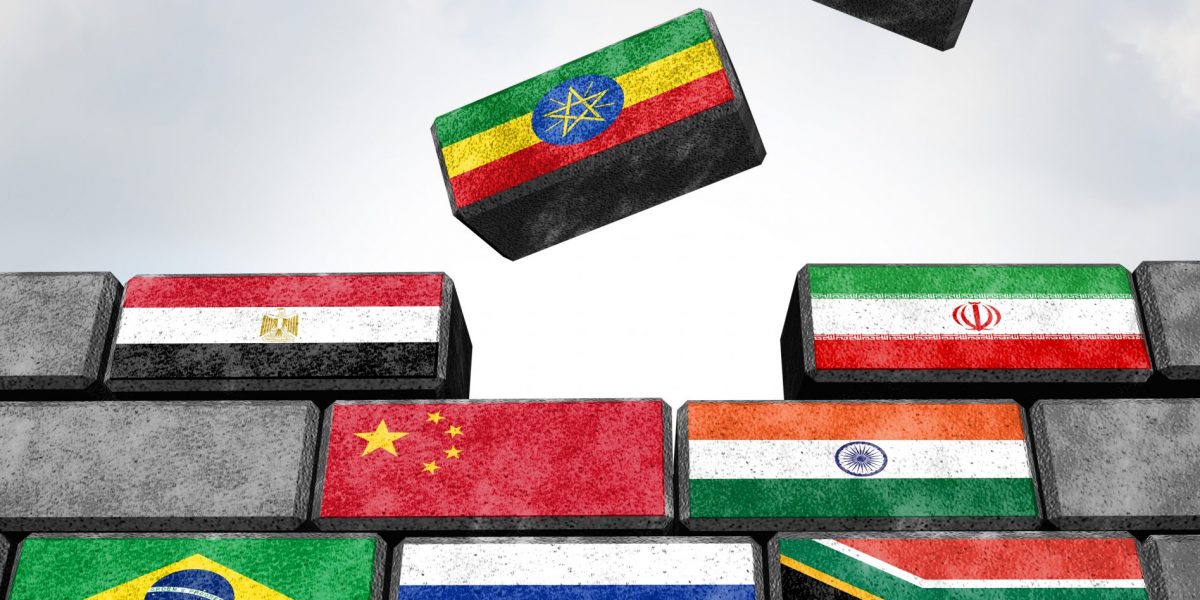Summary:
- The 15th BRICS Summit held in 2023 marked a pivotal moment in the bloc’s history, with the addition of Egypt, Ethiopia, Iran and the UAE as members signalling BRICS’ ambition to expand its influence and drive greater global cooperation.
- BRICS’ decision to expand is in response to structural shifts in global power, with emerging economies increasingly challenging the Western-led order.
- Managing the growing diversity of the BRICS membership presents challenges, however, particularly when pursuing consensus-driven decision-making and maintaining cohesion.
- BRICS is playing a crucial role in reshaping global production, finance, technology and security norms, challenging traditional Western dominance.
- The group’s initiatives, such as the establishment of the New Development Bank and the promotion of local currency usage for intra-bloc trade, reflect its desire to create alternative structures to Western institutions and systems.
- As BRICS expands, its ability to influence global governance and decision-making, particularly in multilateral fora like the G20, will continue to grow.
- The group’s expansion creates opportunities for increased South–South cooperation but also challenges in the form of competing regional and national interests that need to be managed.








